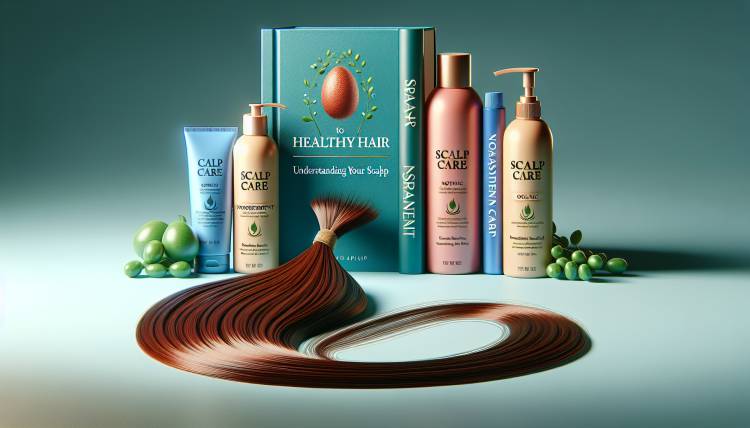
Understanding Your Scalp for Healthy Hair
Your scalp health is directly linked to the health and appearance of your hair. Understanding your scalp type and how to care for it is crucial for maintaining healthy, luscious locks. Here's a comprehensive guide to help you better understand your scalp and how to care for it.
Identifying Your Scalp Type
Before diving into scalp care, it's essential to identify your scalp type. There are generally four main scalp types: normal, dry, oily, and combination. Each scalp type requires specific care to maintain a healthy balance.
Normal Scalp
A normal scalp is characterized by balanced oil production and minimal flakiness. It's important to maintain this balance by using gentle, pH-balanced shampoos and conditioners to keep the scalp and hair healthy.
Dry Scalp
Dry scalp can lead to itchiness, flakiness, and irritation. Using hydrating shampoos and conditioners infused with moisturizing ingredients like coconut oil, shea butter, or argan oil can help alleviate dryness and nourish the scalp.
Oily Scalp
An oily scalp is prone to excess sebum production, which can lead to greasy, weighed-down hair. Clarifying shampoos and lightweight, oil-controlling products can help regulate oil production and keep the scalp fresh.
Combination Scalp
Combination scalp exhibits characteristics of both dry and oily scalps, typically with an oily T-zone and dryness in other areas. It's important to use targeted products to address the specific needs of each area while maintaining overall scalp health.
Scalp Care Tips
Once you've identified your scalp type, consider these tips to maintain a healthy scalp:
- Regular scalp massages to stimulate circulation and promote hair growth
- Using a scalp scrub to gently exfoliate and remove buildup
- Avoiding hot water when washing hair to prevent stripping the scalp of natural oils
- Protecting your scalp from sun exposure with hats or UV-protective hair products
- Eating a balanced diet rich in essential nutrients to support scalp and hair health
Choosing the Right Products
When selecting hair care products, look for those specifically formulated to address your scalp type. Avoid harsh ingredients like sulfates and parabens, as they can disrupt the scalp's natural balance. Opt for gentle, nourishing formulas that promote scalp health.
Conclusion
By understanding your scalp type and implementing targeted care and products, you can achieve a healthy, balanced scalp that provides the ideal environment for strong, beautiful hair. Taking the time to care for your scalp is a crucial step in your hair care routine.
